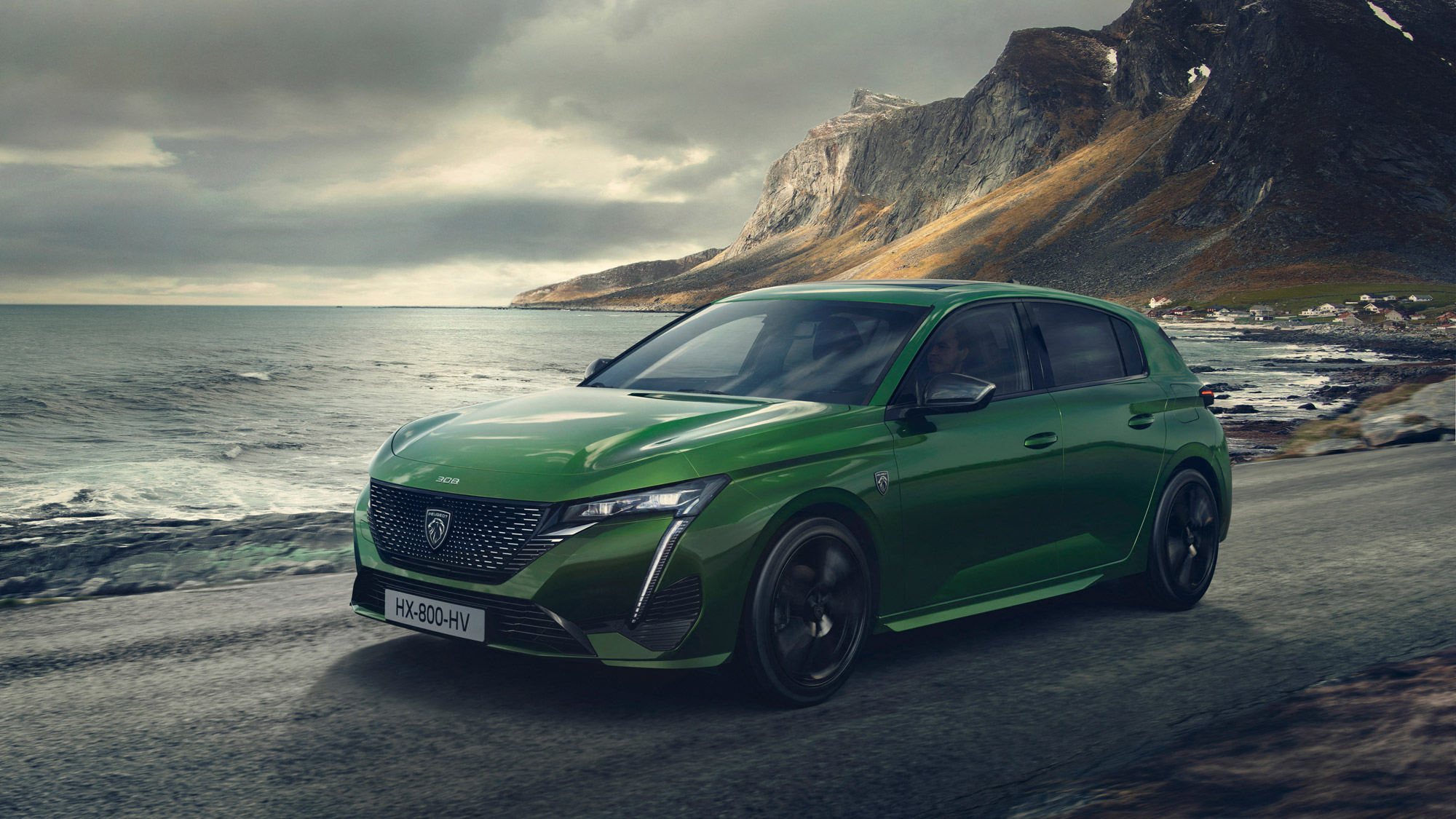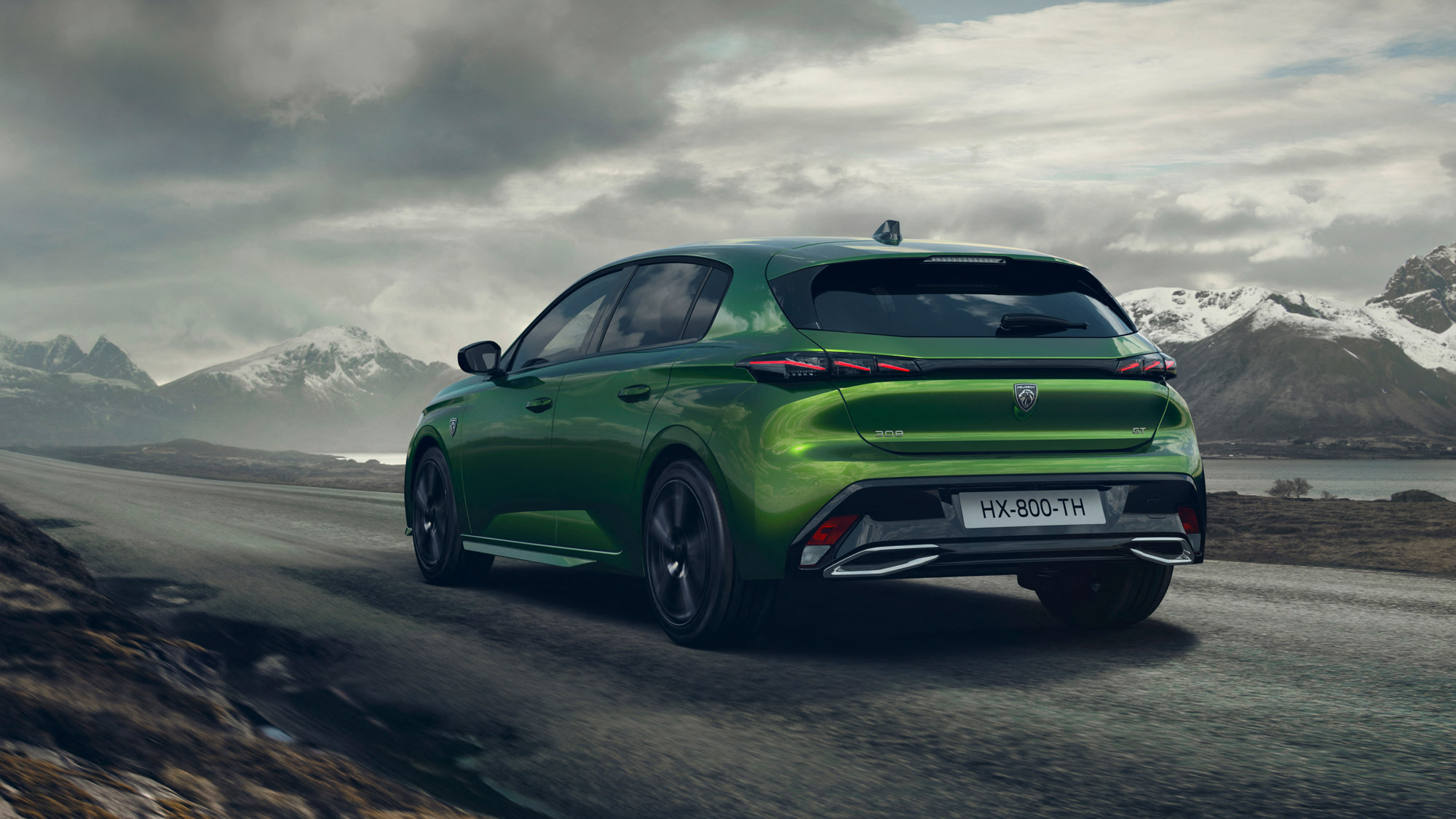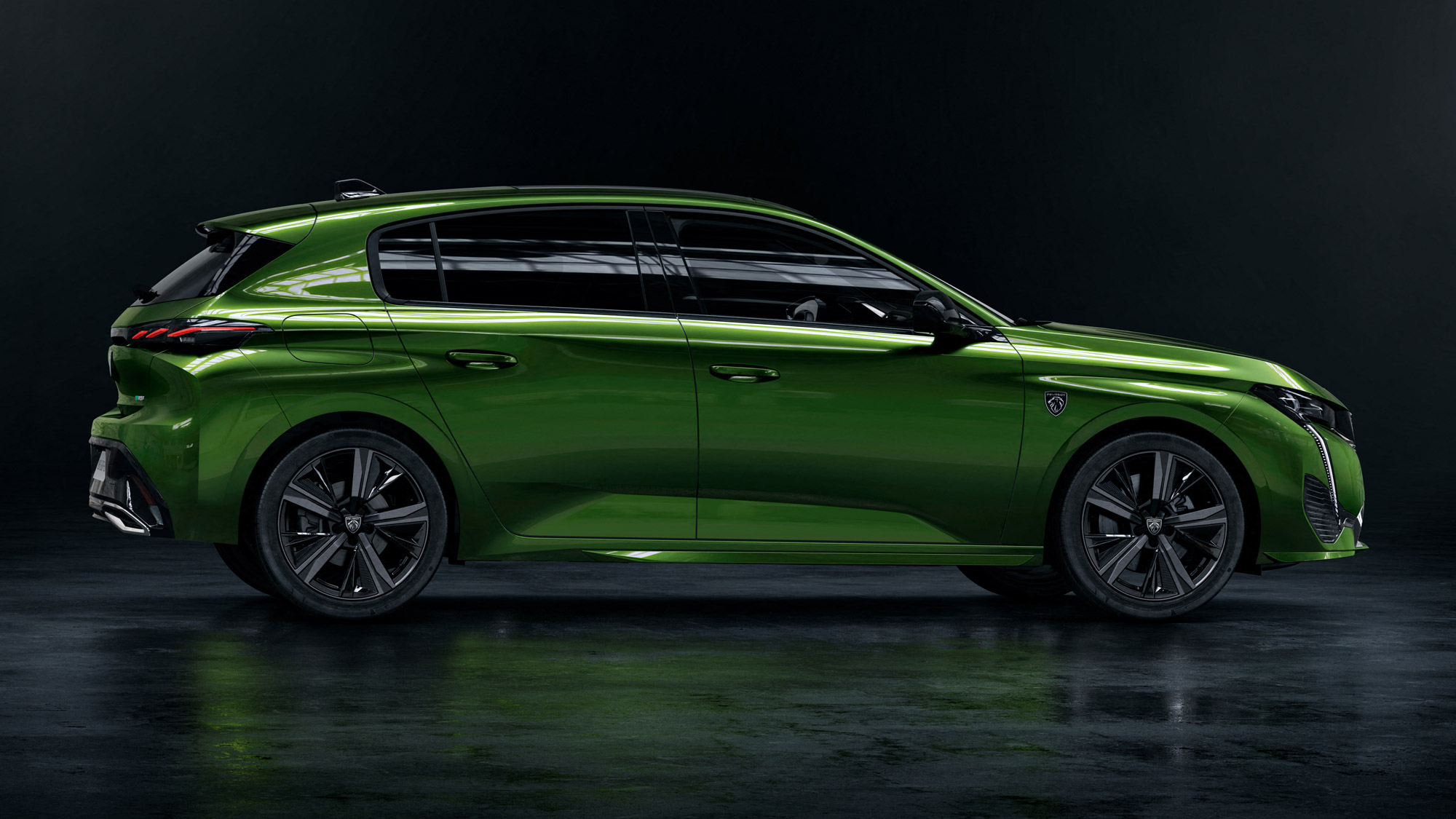Hot Hatches Are Dead, Says Company That Once Specialized In Hot Hatches
See that? That's the new Peugeot 308, the latest in a long line of attractive hatchbacks from a company that has many of such vehicles to its name. Some of these hatchbacks — particularly ones carrying GTI badges — happen to be quite snappy to drive. But Peugeot doesn't appear to be very interested in making them anymore, according to comments made by the company's product director in a recent interview.
Peugeot's Jerome Micheron had this to say about the prospect of a 308 GTI to Top Gear:
"If you look at the market for sporty versions, and the CO2 regulations, it has collapsed."
Don't hold your breath for an electrified version either, as Micheron went on to say that Peugeot doesn't "see a market yet. And it adds extra weight."

Anyone who has been following comments made by executives at various automakers knows that small, internal combustion-powered cars are getting harder to build under tightening emissions regulations. Especially in Europe, where small cars historically thrived.
To dig deeper though, the issue isn't so much that the likes of Peugeot, Audi and Volkswagen can't make fun-to-drive compacts compliant — it's that they can't do it without jacking up price tags, and profit margins on small cars are slim enough already. I have to imagine fully electric hot hatches will one day be viable, as EVs become more common and production costs fall. Unless interest in the body style magically evaporated overnight, there still must be people in Europe who'd prefer a small, zippy car no matter how it gets its power.
Hell, there are still companies, like Volkswagen, that are willing to make them. Back in 2019, the German automaker's research and development chief, Frank Welsch, named the concept of a performance ID.3 as one of his top priorities. "People like performance and I'm sure people will love performance in ID cars too," Welsch told Autocar.

Yes! People still want to drive sporty cars! I understand that the industry is in an uncomfortable limbo right now. By 2025, stringent emissions regulations will kneecap ICE cars — especially the tiniest ones, so it'd be foolish for manufacturers to invest in them today. However, EV technology isn't yet cheap or quite good enough to make fully electric compacts a viable alternative, nor has the infrastructure advanced to a stage where the public is completely comfortable buying electric. We're immersed in a holding pattern right now, and yes, it sucks.
But here's the thing: it won't always be this way. Over time, these roadblocks will disappear one by one, and I don't think the folks who enjoy performance cars in 2021 are going to stop wanting them in five years. This is the philosophy I'd like to see more automakers promote. And the ones that don't, like Peugeot — well, I'd have to imagine they just never cared enough to bother in the first place.
